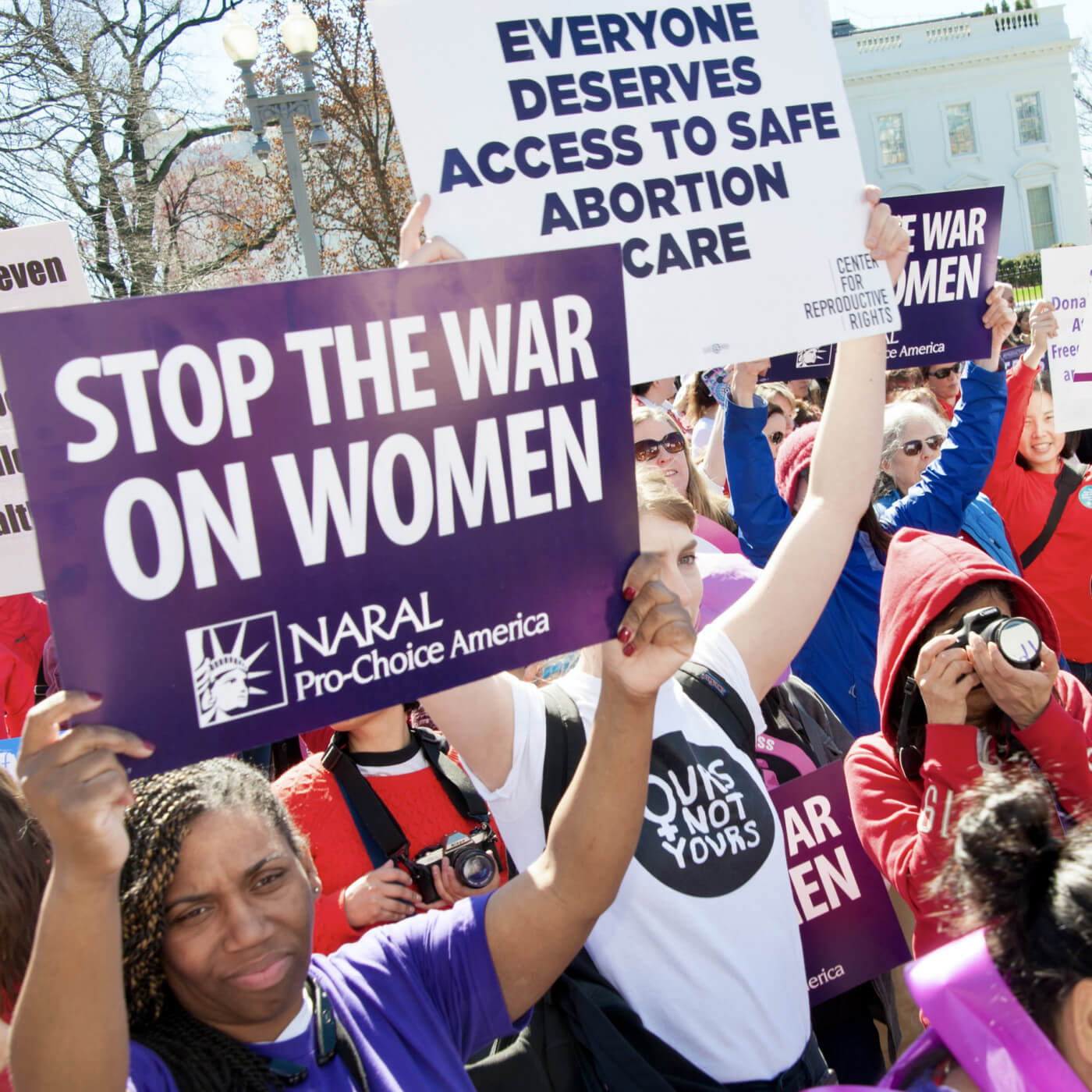Written by Lauren James Budhu
What happens when something like the right to an abortion is stripped away? In America, we are seeing this phenomenon first hand across many states. It’s all because the 1973 landmark decision, Roe v. Wade, was overturned by the Supreme Court on June 24, 2022.
The original case was brought by Norma McCorvey, known by the legal pseudonym “Jane Roe,” nearly 50 years ago. She became pregnant with her third child and wanted an abortion. Yet McCorvey lived in Texas, where it was illegal to get the procedure unless it was medically necessary. She filed a lawsuit in U.S. federal court saying it was unconstitutional– the Supreme Court then ruled that the Fourteenth Amendment to the United States Constitution provided a fundamental “right to privacy,” which protected a pregnant woman’s right to an abortion.
Over the years, Roe v. Wade has remained controversial and been contested numerous times. This year, the court overruled Roe v. Wade via the case of Dobbs v. Jackson Women’s Health Organization, on the grounds that the right to an abortion was “not deeply rooted in this nation’s history or tradition,” nor considered a right when the Due Process Clause was ratified in 1868.
Because of this ruling, states can now establish their own laws on abortion. Many states, including Texas and my home state of Arkansas, had trigger laws, which immediately banned abortion once Roe was struck down. Other states, such as Georgia, Ohio, South Carolina and Tennessee, have enforced six-week bans while Florida has enforced a 15-week ban. Kentucky, Louisiana, and Utah have also passed abortion bans, but they have been blocked in court and are awaiting hearings. Unfortunately, this is just the beginning of this movement, and legal professors believe that more states will pass laws banning abortion.
These bans have prompted more patients to travel to other states where abortion is still legal. Access to birth control has also become a concern, and more women are even requesting sterilization over concerns that their current birth control methods will fail and they won’t be able to get an abortion.
Many might feel helpless after this substantial ruling that will affect so many people. Yet there are some things we can do to make an impact in abortion rights, such as:
- Donate money to abortion funds. Help people pay for abortion care or travel expenses to get it– send money to a local provider or donate to the National Network of Abortion Funds.
- Vote. It might be tiring to hear this over and over, but this moment is an example of how voting matters. Head to the polls to vote at all levels of government officials who are willing to fight for abortion access. Research where your current congressional representatives and state legislature reps stand on abortion, and cast your vote in midterm and general elections for a candidate who will fight to protect this right.
- Reach out to your elected officials right now. Make a point to reach out to your state representatives by phone, email or mail– it can make an impact on state laws that will determine the legality of abortion across the country.
- Get involved in protests. Protests are happening all over the country and will likely continue for months. It’s important to mobilize and band together; protesting demonstrates the extreme gravity of this situation. If you decide to protest, just protect yourself and know your rights in case of police presence!
- Follow advocacy groups on social media. Following abortion-activism groups on social media is a great way to educate yourself and stay up-to-date on the latest news. Groups like the Guttmacher Institute, the Center for Reproductive Rights, Planned Parenthood, and Still We Rise focus on advocating for abortion rights, spreading facts and research. Following these groups is also a good way to learn about protest opportunities.
Check out more ways to get involved and help support abortion access.


















